Fine Dust
입력 2019.01.08 (15:22)
수정 2019.01.08 (15:33)
읽어주기 기능은 크롬기반의
브라우저에서만 사용하실 수 있습니다.
[Anchor Lead]
It has been analyzed that fine dust concentrations have reduced nearly ten percent across the nation in 2018 compared to the year prior and reached an all-time low since related data began to be compiled. However, stronger anti-air pollution measures should be introduced, since the nation's fine dust levels are still twice higher than those in Tokyo and European cities.
[Pkg]
Last April, a professional baseball game was canceled due to excessive fine dust levels for the first time in the Korean league's nearly four-decade history. Previously, the Seoul city government issued emergency fine dust reduction measures three times in January just last year. Data on last year's actual air quality was unveiled amid public concerns about exacerbating levels of fine dust. An analysis was conducted on average fine dust concentrations in 17 local regions across the nation, which were revealed on the air quality information Web site Air Korea. The average figures dropped nearly ten percent with fine dust levels at 40.6 micrograms and ultra-fine dust levels at 22.6 micrograms. These are all-time lows recorded since nationwide data began to be compiled in 1995 and 2015
[Soundbite] Jang Im-seok(Nat'l Institute of Environmental Research) : "The drop is attributable to domestic and international efforts to reduce fine dust emissions as well as changes in environmental conditions, such as faster atmospheric flows."
However, people have not directly felt better air quality. Last year, Seoul's ultra-fine dust levels were twice as high compared to those in other major international cities like Tokyo and London. Seoul's levels also surpassed two times the amount than the World Health Organization recommended levels. The levels are high enough to raise the early death rate by an estimated ten percent. It is also partly due to the fact that highly concentrated fine dust levels have hardly reduced. In 2018, Seoul saw 61 days with serious ultra-fine dust levels, down just three days from the previous year. Experts say that air quality will improve tangibly only when the standards on fine dust are strengthened and tougher eco-friendly policies are introduced.
It has been analyzed that fine dust concentrations have reduced nearly ten percent across the nation in 2018 compared to the year prior and reached an all-time low since related data began to be compiled. However, stronger anti-air pollution measures should be introduced, since the nation's fine dust levels are still twice higher than those in Tokyo and European cities.
[Pkg]
Last April, a professional baseball game was canceled due to excessive fine dust levels for the first time in the Korean league's nearly four-decade history. Previously, the Seoul city government issued emergency fine dust reduction measures three times in January just last year. Data on last year's actual air quality was unveiled amid public concerns about exacerbating levels of fine dust. An analysis was conducted on average fine dust concentrations in 17 local regions across the nation, which were revealed on the air quality information Web site Air Korea. The average figures dropped nearly ten percent with fine dust levels at 40.6 micrograms and ultra-fine dust levels at 22.6 micrograms. These are all-time lows recorded since nationwide data began to be compiled in 1995 and 2015
[Soundbite] Jang Im-seok(Nat'l Institute of Environmental Research) : "The drop is attributable to domestic and international efforts to reduce fine dust emissions as well as changes in environmental conditions, such as faster atmospheric flows."
However, people have not directly felt better air quality. Last year, Seoul's ultra-fine dust levels were twice as high compared to those in other major international cities like Tokyo and London. Seoul's levels also surpassed two times the amount than the World Health Organization recommended levels. The levels are high enough to raise the early death rate by an estimated ten percent. It is also partly due to the fact that highly concentrated fine dust levels have hardly reduced. In 2018, Seoul saw 61 days with serious ultra-fine dust levels, down just three days from the previous year. Experts say that air quality will improve tangibly only when the standards on fine dust are strengthened and tougher eco-friendly policies are introduced.
■ 제보하기
▷ 카카오톡 : 'KBS제보' 검색, 채널 추가
▷ 전화 : 02-781-1234, 4444
▷ 이메일 : kbs1234@kbs.co.kr
▷ 유튜브, 네이버, 카카오에서도 KBS뉴스를 구독해주세요!
- Fine Dust
-
- 입력 2019-01-08 15:26:13
- 수정2019-01-08 15:33:06
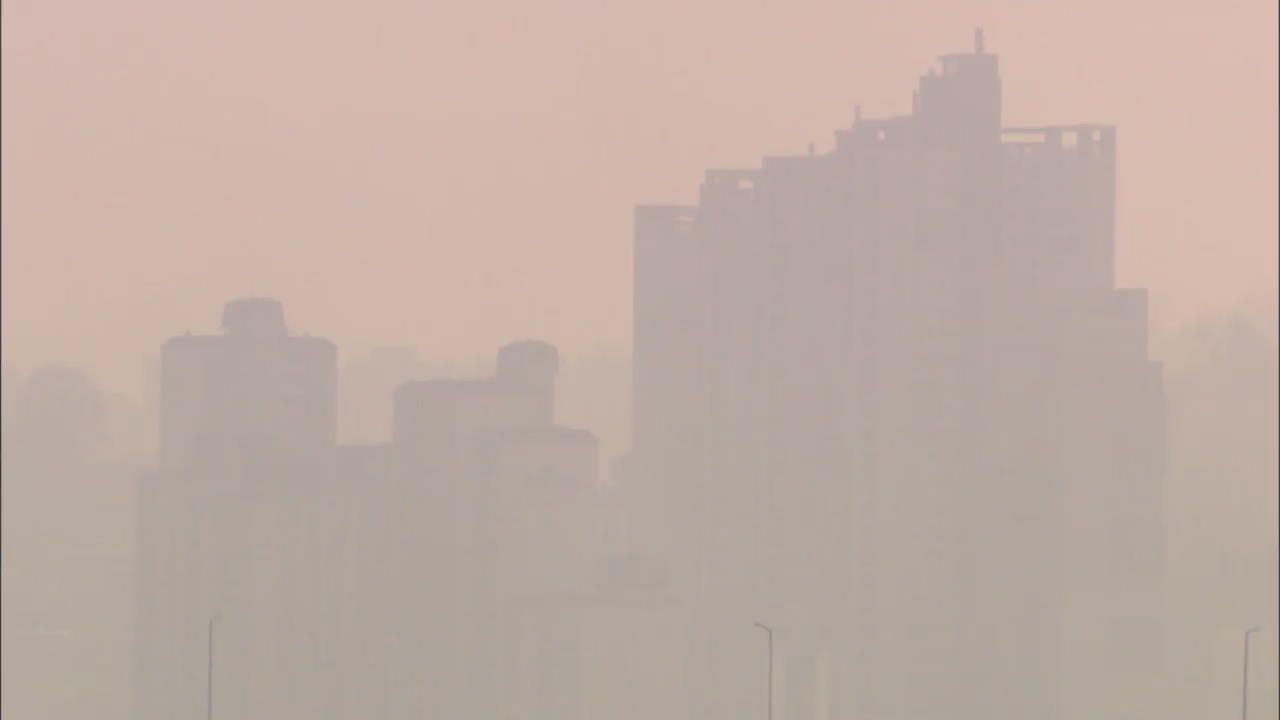
[Anchor Lead]
It has been analyzed that fine dust concentrations have reduced nearly ten percent across the nation in 2018 compared to the year prior and reached an all-time low since related data began to be compiled. However, stronger anti-air pollution measures should be introduced, since the nation's fine dust levels are still twice higher than those in Tokyo and European cities.
[Pkg]
Last April, a professional baseball game was canceled due to excessive fine dust levels for the first time in the Korean league's nearly four-decade history. Previously, the Seoul city government issued emergency fine dust reduction measures three times in January just last year. Data on last year's actual air quality was unveiled amid public concerns about exacerbating levels of fine dust. An analysis was conducted on average fine dust concentrations in 17 local regions across the nation, which were revealed on the air quality information Web site Air Korea. The average figures dropped nearly ten percent with fine dust levels at 40.6 micrograms and ultra-fine dust levels at 22.6 micrograms. These are all-time lows recorded since nationwide data began to be compiled in 1995 and 2015
[Soundbite] Jang Im-seok(Nat'l Institute of Environmental Research) : "The drop is attributable to domestic and international efforts to reduce fine dust emissions as well as changes in environmental conditions, such as faster atmospheric flows."
However, people have not directly felt better air quality. Last year, Seoul's ultra-fine dust levels were twice as high compared to those in other major international cities like Tokyo and London. Seoul's levels also surpassed two times the amount than the World Health Organization recommended levels. The levels are high enough to raise the early death rate by an estimated ten percent. It is also partly due to the fact that highly concentrated fine dust levels have hardly reduced. In 2018, Seoul saw 61 days with serious ultra-fine dust levels, down just three days from the previous year. Experts say that air quality will improve tangibly only when the standards on fine dust are strengthened and tougher eco-friendly policies are introduced.
It has been analyzed that fine dust concentrations have reduced nearly ten percent across the nation in 2018 compared to the year prior and reached an all-time low since related data began to be compiled. However, stronger anti-air pollution measures should be introduced, since the nation's fine dust levels are still twice higher than those in Tokyo and European cities.
[Pkg]
Last April, a professional baseball game was canceled due to excessive fine dust levels for the first time in the Korean league's nearly four-decade history. Previously, the Seoul city government issued emergency fine dust reduction measures three times in January just last year. Data on last year's actual air quality was unveiled amid public concerns about exacerbating levels of fine dust. An analysis was conducted on average fine dust concentrations in 17 local regions across the nation, which were revealed on the air quality information Web site Air Korea. The average figures dropped nearly ten percent with fine dust levels at 40.6 micrograms and ultra-fine dust levels at 22.6 micrograms. These are all-time lows recorded since nationwide data began to be compiled in 1995 and 2015
[Soundbite] Jang Im-seok(Nat'l Institute of Environmental Research) : "The drop is attributable to domestic and international efforts to reduce fine dust emissions as well as changes in environmental conditions, such as faster atmospheric flows."
However, people have not directly felt better air quality. Last year, Seoul's ultra-fine dust levels were twice as high compared to those in other major international cities like Tokyo and London. Seoul's levels also surpassed two times the amount than the World Health Organization recommended levels. The levels are high enough to raise the early death rate by an estimated ten percent. It is also partly due to the fact that highly concentrated fine dust levels have hardly reduced. In 2018, Seoul saw 61 days with serious ultra-fine dust levels, down just three days from the previous year. Experts say that air quality will improve tangibly only when the standards on fine dust are strengthened and tougher eco-friendly policies are introduced.
이 기사가 좋으셨다면
-
좋아요
0
-
응원해요
0
-
후속 원해요
0










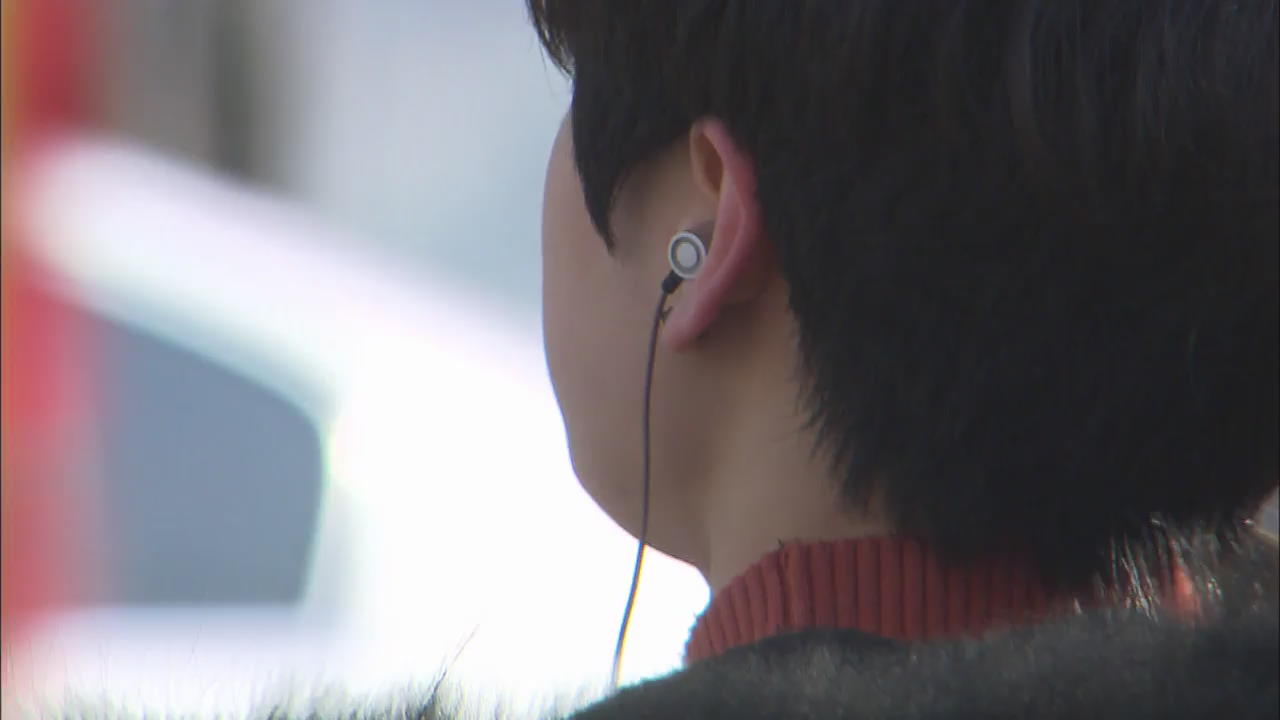
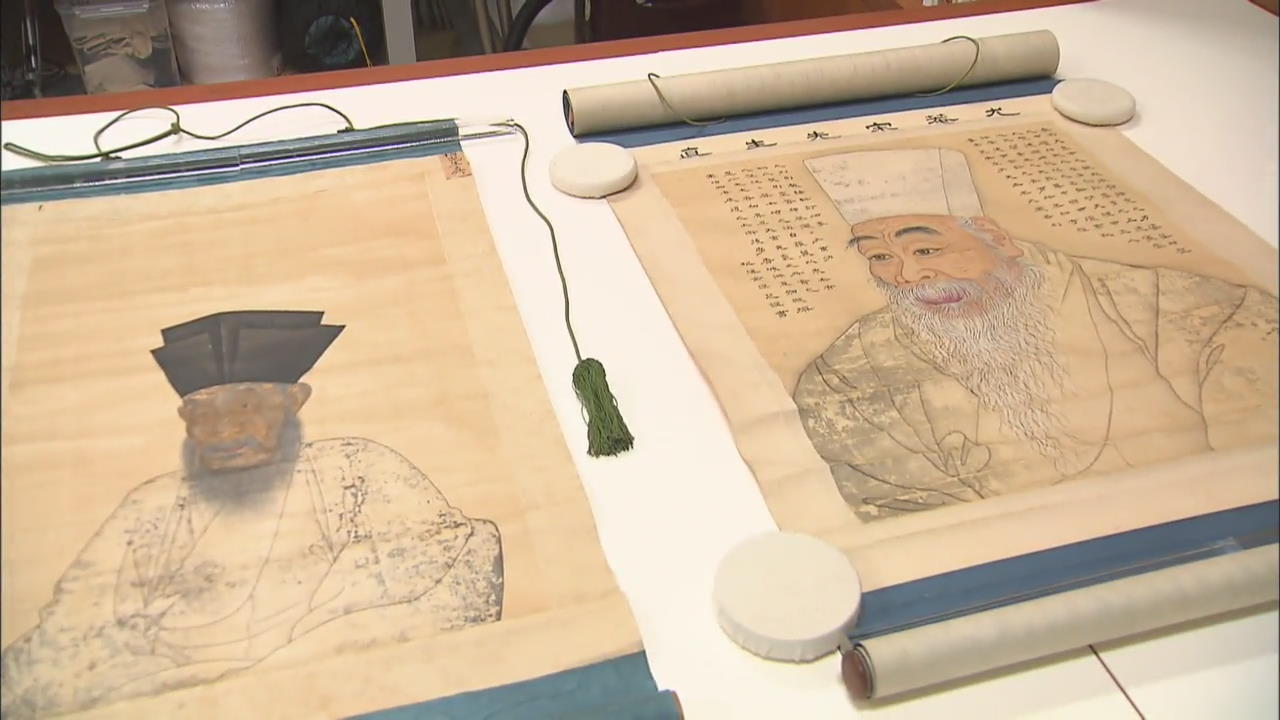
![[속보] 경남 김해에 시간당 70mm 이상 집중호우, <br>침수 주의](/data/news/2025/07/13/20250713_NQ5jSr.jpg)
![[단독] 위성락 실장 “전작권 협상 카드 아냐”…차관 인선 발표](/data/layer/904/2025/07/20250713_krfuHu.jpg)
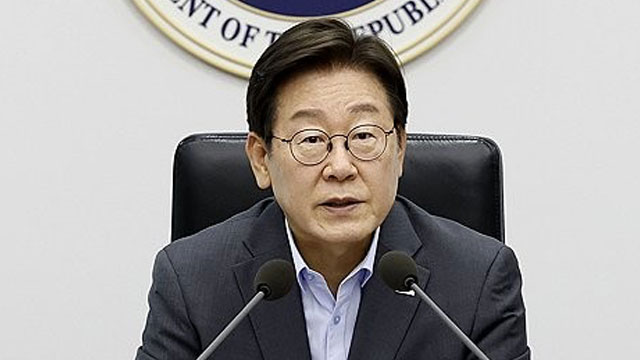
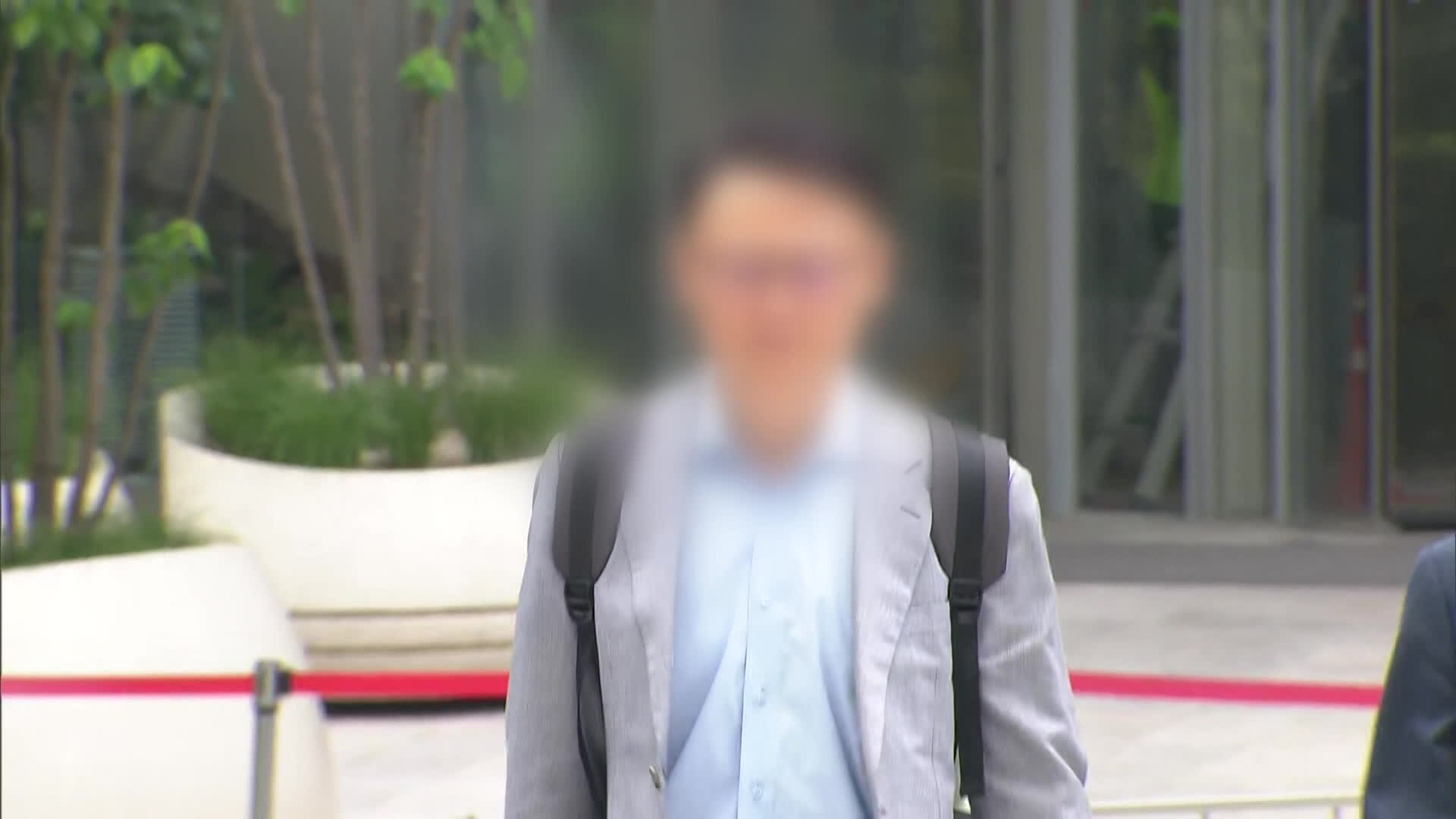

이 기사에 대한 의견을 남겨주세요.